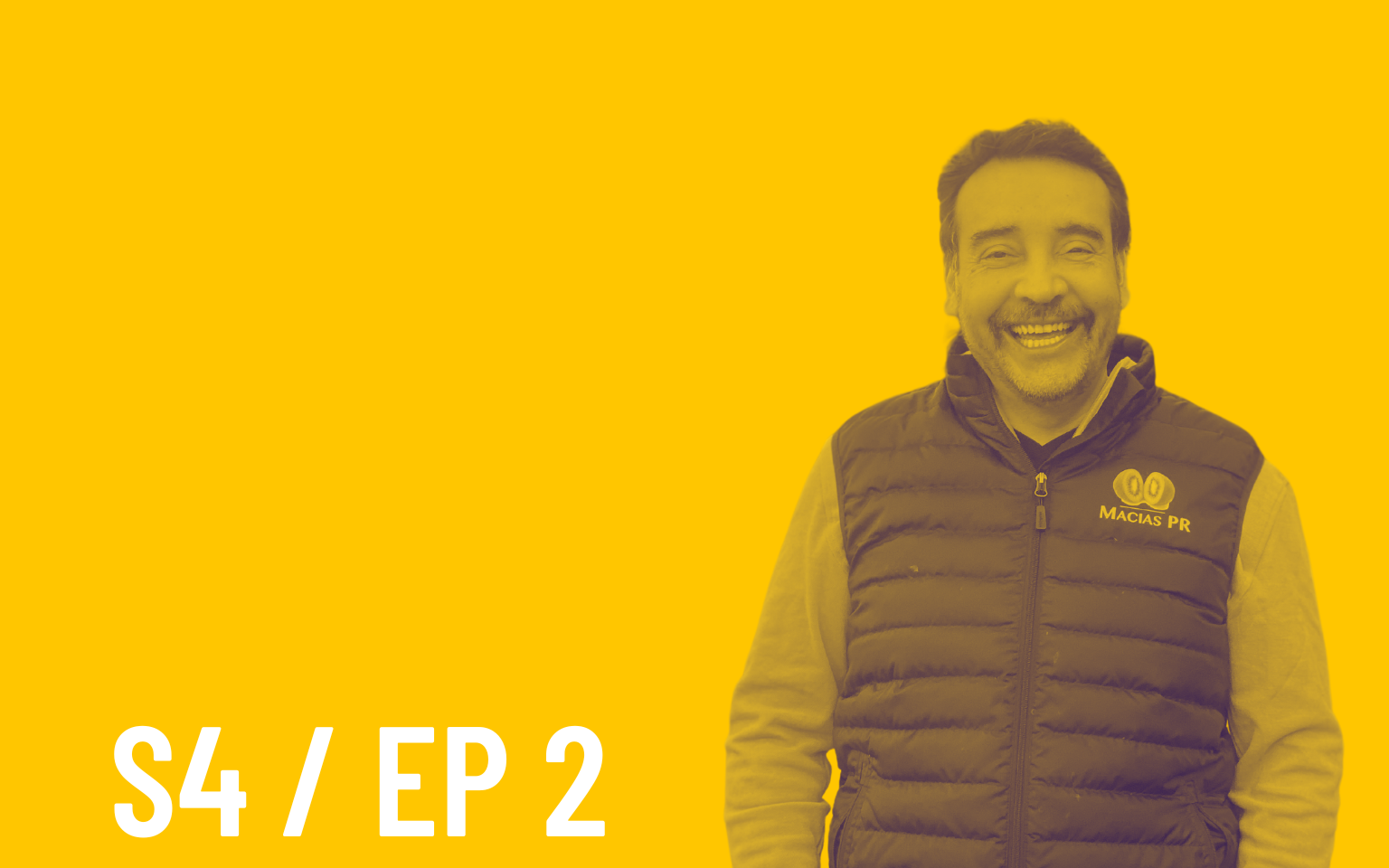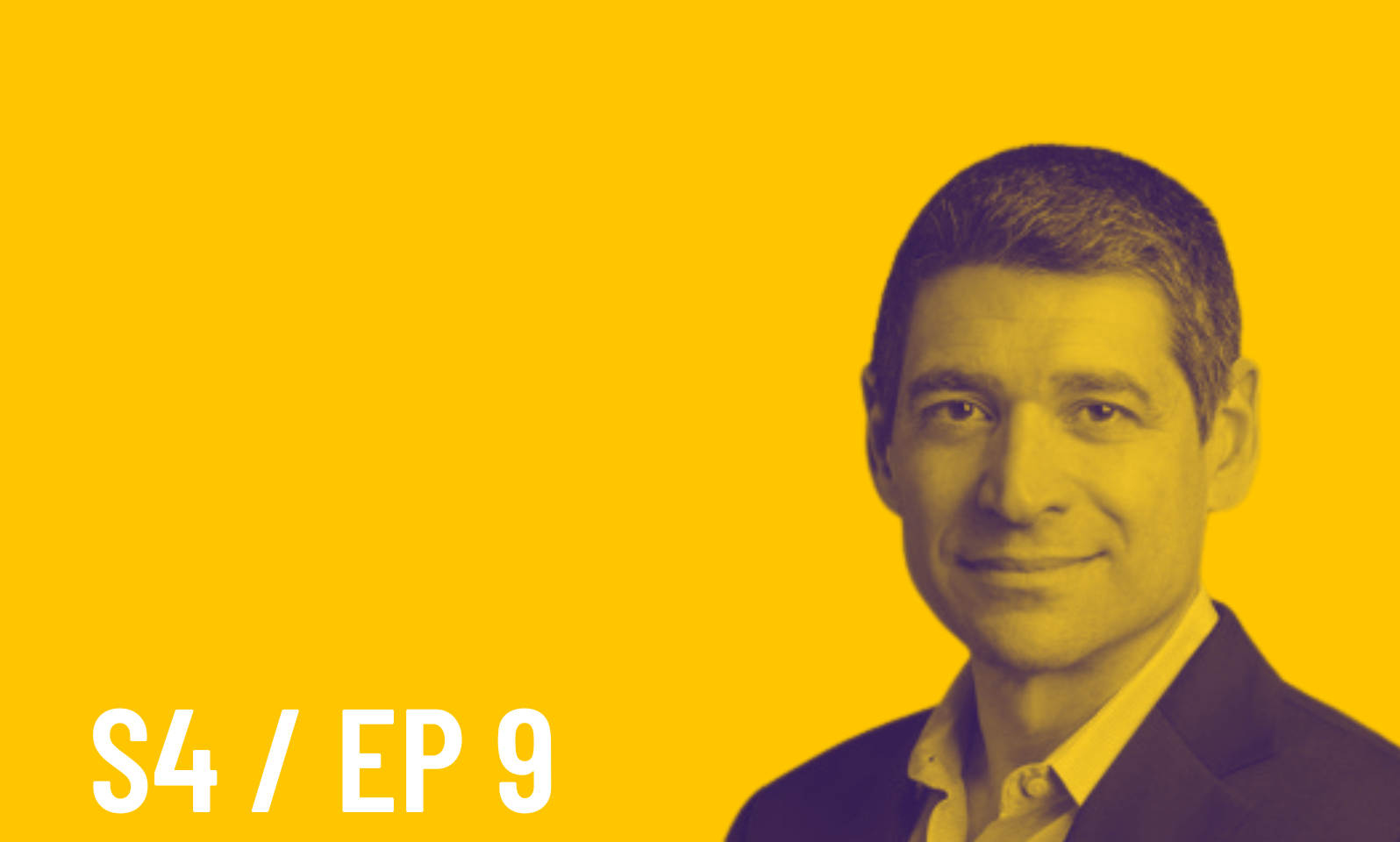Healthcare M&A Pivots & Predictions
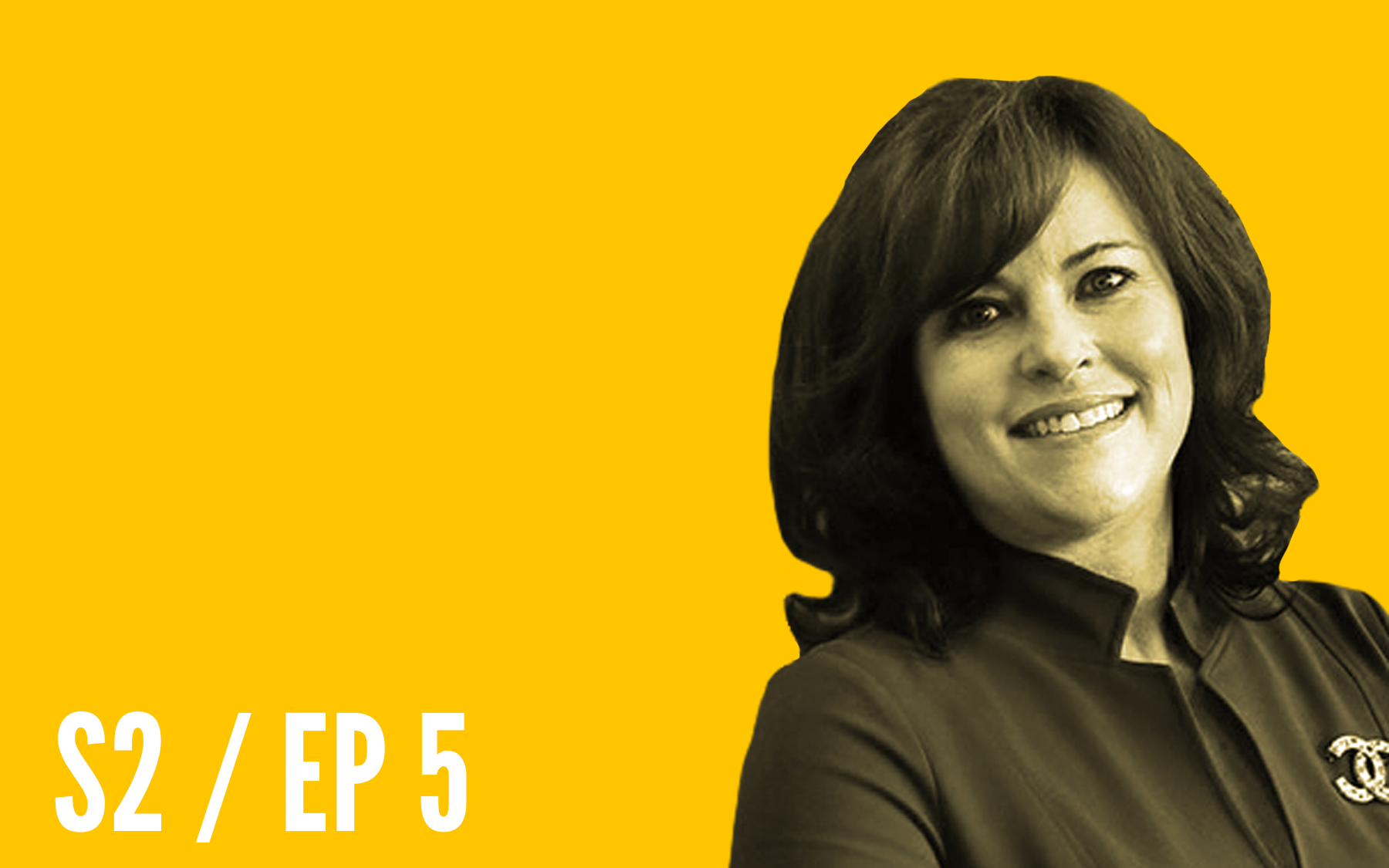
Episode 5, Season 2
Healthcare M&A Pivots & Predictions
- March 19, 2021
- 00:27:07
Angela Humphreys, national healthcare practice leader at Bass, Berry & Sims, sits down to talk healthcare M&A predictions and how COVID-19 shifted healthcare and continues to influence healthcare IPOs, SPACs and private equity investments.
Listen on
Episode Description
In this episode of How It’s Done, we talked healthcare M&A predictions with Nashville’s own Angela Humphreys, national healthcare practice leader at Bass, Berry & Sims, ranked among the nation’s Top 5 healthcare practices by both American Health Law Association (AHLA) and Modern Healthcare.
Angela has counseled national healthcare organizations on hundreds of transactions in the healthcare industry, including hospitals and health systems, health plans, surgery centers, physician practice management companies, laboratories and healthcare information technology companies. She also leads interdisciplinary teams to provide clients with creative solutions to the operational and regulatory issues they face while working within an ever-changing, complex regulatory environment.
Angela shared her journey to the top of her field, how COVID-19 shifted healthcare and how it continues to shape and drive healthcare IPOs, SPACs and private equity investment valued at $1.9 trillion.
In this episode we discuss:
- What Angela loves most about her job
- The impact of the pandemic on private equity transactions, including the shift to private equity firms was making large investments in new spaces or sectors
- Current efforts to move the needle on value-based care policies
- What to expect post-pandemic in terms of companies going public in the healthcare space
- The sectors of healthcare predicted to see the highest levels of activity, growth and investment in 2021

‘While there’s some interest in sectors, (investors) are really interested in the right assets… a well-run company, a well-run physician practice with management teams, processes and systems in place that are poised to weather the storm…
those are going to continue to get capital.”
Angela Humphreys
Leader of the National Healthcare Practice, Bass, Berry & Sims
More From This Episode
Show Notes
Transcript
Recommended Reading
Show Notes
( 1:44 ): Angela describes her law career over the past 25 years + Bass Berry & Sims expansion with private equity firms, particularly in the Nashville area.
( 4:23 ): Kriste and Angela discuss the scope of female inclusion at Bass Berry + Sims and in the healthcare industry as a whole.
( 8:13 ): Angela says, ”private equity for the past few years has been investing a lot in the physician practice space,” and discusses other specialties that are coming online as of late.
( 9:38 ): Kriste and Angela discuss how COVID-19 and working from home has impacted Angela’s ability to do her job, and touch on their surprise at the healthcare’s industry ability to bounce back from the slowdown so quickly.
( 16:33 ): Kriste and Angela talk IPOs, SPACs, and other current trends in the healthcare M&A space.
( 21:24 ): Angela gives her predictions for healthcare M&A in 2021.
Transcript
[00:00:04.210] – Kriste
Hey, welcome to How It’s Done, a podcast for curious marketers. I’m Kriste Goad, I’ll be your host and I’m really glad you’re here.
[00:00:16.190] – Kriste
Today, we’re talking to Angela Humphreys, who leads the national healthcare practice for Bass Berry & Sims. Her clients include private equity firms and their portfolio companies, publicly traded companies and nonprofit institutions. Angela’s practice includes healthcare, mergers, acquisitions and dispositions, contracting, regulatory and operational matters, and healthcare finance. Thank you so much for joining me today, Angela,
[00:00:45.950] – Angela
Thank you for having me, Kriste.
[00:00:48.110] – Kriste
Angela, I would love to start today by – that’s a lot that you’re doing – I would love to start today by you telling us a little bit more about yourself.
[00:00:58.520] – Kriste
I think it’s really fitting that we’re talking during National Women’s History Month and here you are, a woman leading the national health care practice for a firm that, just in the past year, was highly decorated. You’re recognized by Law 360 as a practice group of the year, the winner in the healthcare category. You were named M&A advisors – well recognized by M&A advisors – healthcare and life sciences deal of the year over one billion dollars and corporate strategic deal of the year, over one billion dollars.
[00:01:32.000] – Kriste
And also, you’re ranked third largest healthcare practice in the nation by Modern Healthcare. Those are – that’s a pretty big deal. Can you talk a little bit more about that and just about yourself?
[00:01:44.550] – Angela
Sure. So I’ve practiced law 25 years. Hard to believe that, but it is true. Started out as a CPA before I went to law school and then out of law school actually started my legal career in the Corporate and Securities Group doing mergers and acquisitions and, as a result of the number of healthcare clients that our firm had, the firm asked me if I was willing to assume a role as a healthcare M&A attorney. Nashville, where we are headquartered, is home to over 500 healthcare companies now.
[00:02:24.710] – Angela
It’s the for-profit capital of healthcare in the country. And so as a result of that, really over the last 25 to 30 years our firm has developed a healthcare practice and a healthcare M&A practice as the healthcare industry has grown and matured largely from Nashville. And I would say over the last decade or so, 10 to 15 years, we’ve really been able to leverage that experience and expertise to truly grow to a national scale with a national platform only from four cities, including Nashville and DC.
[00:03:08.450] – Angela
So we don’t have offices in all metropolitan areas, but we’ve been able to leverage the experience that we have starting in Nashville to do work all across the country. And then really within the last five to 10 years, we have really expanded our firm’s work with private equity firms and their portfolio companies who are looking to make investments in healthcare.
[00:03:36.020] – Kriste
Just tracking the news, there’s been a lot of private equity firms that have opened up offices in Nashville even in the last few years. Have you seen a big uptick in that?
[00:03:47.980] – Angela
Yes. There’s a lot of interest in Nashville from national private equity firms. And as you said, several firms have opened offices, but even those who don’t have offices, at least pre-Covid when people could travel, private equity firms are constantly in Nashville just given the talent, resources and opportunities here.
[00:04:13.400] – Kriste
And how long have you led the practice for Bass Berry & Sims?
[00:04:17.890] – Angela
I think since 2015.
[00:04:23.510] – Kriste
How many attorneys do you guys have in the practice and then how many of those are women? I imagine you have really been a trailblazer in that respect.
[00:04:34.950] – Angela
Well, so our firm has just over 300 attorneys total. In our healthcare industry group, we have over two hundred attorneys, so well over half the firm, about two thirds of the firm practices in the healthcare industry.
[00:04:52.557] – Kriste
Oh wow.
[00:04:53.340] – Angela
And of those, there are a large number who are women. As a matter of fact, the majority of the partners in our healthcare group are women.
[00:05:05.040] – Kriste
That is amazing. Is that common?
[00:05:08.010] – Angela
I think anecdotally you would find that there appears to be more women in executive leadership positions in healthcare generally as compared to other industries. I’m not sure if the statistics bear that out, but that at least seems to be the case.
[00:05:32.370] – Kriste
So your practice is reflective of that, is what I’m hearing.
[00:05:36.630] – Angela
I think so.
[00:05:37.770] – Kriste
That’s awesome. You talked a little bit about how you came to specialize in healthcare and that was just because you were working on corporate M&A and then it evolved because Bass Berry & Sims happened to have a number of healthcare clients. Did you just naturally move in that direction?
[00:05:55.350] – Angela
No, I was approached by firm leadership. You know, their M&A transactions across industry – or across industries – but healthcare in particular is one of the most heavily regulated industries that there is. And so as a result of that, it’s important, I think, for someone who is leading a transaction to understand not only the corporate and M&A piece of the transaction, but to also understand the healthcare regulatory piece of the transaction and the healthcare regulatory landscape and how that impacts a transaction.
[00:06:39.840] – Angela
It may impact structure, it may impact the timeline to closing in terms of regulatory filings. And so being able to combine that expertise over the last 25 years has really been beneficial to me and I think allows me to provide my clients with the highest value proposition.
[00:07:03.900] – Kriste
That’s awesome. Well, what does a day in the life of Angela Humphreys look like? We have a lot of people that are listening who probably don’t know much about healthcare M&A or what that even means or what that looks like on a day-to-day or practical level. Can you talk a little bit about your work and help us get a clear vision of what that looks like for you and for your clients?
[00:07:27.570] – Angela
Sure. As you said, we have a number of clients in a number of different areas, but currently we are doing a lot of work with private equity firms who are investing in healthcare. I saw a statistic the other day, I think it’s 1.9 trillion dollars that private equity firms have to invest and they’re –
[00:07:49.500] – Kriste
1.9 trillion?
[00:07:51.870] – Angela
Mhm. And they’re devoting a lot of that to healthcare as it’s a large percentage of the GDP and growing with the onset of the baby boomers aging into the Medicare population, also with an increased focus on consumerism and value-based care.
[00:08:13.860] – Angela
So they’re looking to make those investments. And, you know, in a typical day, we work with clients who are looking to do transactions and putting together structures that are tax efficient, but also in compliance with healthcare regulatory requirements. Private equity for the past few years has been investing a lot in the physician practice space. So specialties such as dermatology, radiology, urgent care, gastroenterology, orthopedics, and there are others that are coming online.
[00:08:54.960] – Angela
So we spend a lot of time analyzing issues around structure and then also diligence, as well as negotiating transaction documents that typically in large platform deals include rollover equity by the physicians in the platform company, the private equity owned platform company going forward. And so it’s a lot of phone calls and Zoom meetings in this day and age around working with clients to complete their transactions in the best, most effective, tax efficient and compliant manner.
[00:09:38.540] – Kriste
So speaking of a lot of that shifting to Zoom these days, has that shift and working – as we all have – working in new ways throughout the pandemic, what’s been the impact of that on your ability to do your job? Has it made it easier? Harder? Just different?
[00:09:58.350] – Angela
I would say just different. We haven’t really missed a beat. There was a slowdown in transactions in March, April and into May. At that period of time, there were several transactions that were in the pipeline that hit the pause button. And we immediately shifted to giving clients advice around PPP loans, provider relief funds, dealing with employment matters and issues.
[00:10:32.160] – Angela
And so we were very busy during that period of time notwithstanding the fact that the deal flow had paused. But deals really picked back up in Q3 and Q4. And we closed a number of deals, including some large deals, including some brand new platform companies in Q3 and Q4 that were in process. And I think that was one of the things that was most interesting to me. I would have expected private equity firms who had existing investments in companies to be opportunistic and take advantage of add-on acquisitions and transactions, particularly in the physician practice space, where some physician practices were impacted by Covid and realized that they really needed help from a professional management standpoint.
[00:11:33.600] – Angela
So for private equity firms to make those investments where they already had a platform company was expected, but we actually closed several large brand new platform transactions where a private equity firm was making a large investment in a new space or sector where they didn’t already have an existing company. So that was probably the most interesting thing for me. And then I will say –
[00:12:06.090] – Kriste
Can I ask you about that a little bit more? Was that directly a result of the pandemic and just where, you know, kind of where the ball was headed or, to your point, where different practices maybe were like, “hey, you know, we may not have been interested in selling before or going out to get capital, but we definitely need it now.” What was driving some of that?
[00:12:36.570] – Angela
With respect to the larger transactions that I’m referencing, those were in process when Covid hit. So there had been some diligent initial conversations, but the fact that they were, you know, consummated at the end of the year in the middle of the pandemic, I think was most surprising to me. But I think that’s a testament to the fact that healthcare, although there was some impact, it has been resilient, right?
[00:13:12.520] – Angela
I mean, people can put off elective procedures – they’re willing to put off elective procedures for so long, but they’re not willing to put them off forever. And then there are things that you can’t put off. And so I think the healthcare industry as a whole has rebounded – did rebound nicely compared to other industries. And so the transactions that I’m talking about were in the pipeline and then I think once the investors saw that the volume was back and that people were utilizing the services of certain specialties, they were willing to go ahead and complete those transactions.
[00:13:56.140] – Angela
I wasn’t sure that was going to happen in March of last year, but it did and Q3 and Q4 were record quarters in many respects in terms of the number of transactions that were closed.
[00:14:10.210] – Kriste
OK, got it. That makes a lot of sense.
[00:14:13.150] – Kriste
Did you find that a lot of people were surprised like you were? I know, certainly as a healthcare marketing practice, I was surprised as well at how quickly things seemed to heat up in terms of, you know, I think we were looking at maybe things would heat back up fourth quarter last year, but we really saw that happening early third quarter even. And so it sounds like that was just a trickle effect across the industry because once it was clear that healthcare in particular was stronger than ever, everybody – I guess the dollars really opened back up from a marketing perspective, from an M&A perspective, from all kinds of perspectives. I mean, there’s also tons out there about huge investments in digital health. I don’t know if you guys are active in that space or not, but that was certainly a big deal last year as well.
[00:15:13.640] – Angela
Yeah, I think digital health and any technology platform or any platform around value-based care is garnering a lot of attention and will continue to do so. During Covid there have been a number of waivers around telehealth allowing physicians to practice across state lines. A lot of people – although those were stated to be temporary – a lot of people think that those will continue permanently. And with respect to, whether it’s physician practices, behavioral health companies or what have you, those that had a technology solution that was in place or that they were in the process of rolling out and were able to accelerate, those companies not only survived during the pandemic, but in some cases thrived. Behavioral health in particular, being able to reach patients through that mechanism has really accelerated investment in that sector.
[00:16:22.710] – Angela
Also, another surprising thing has been the IPO’s in the healthcare space.
[00:16:30.280] – Kriste
Oh, yeah. Talk about that a little bit. That’s been really interesting.
[00:16:33.600] – Angela
Yeah. In 2020 – so whether it’s Oak Street Health, whether it’s One Medical or Cano Health, the introduction of the SPAC, the Special Purpose Acquisition Company, has been interesting. I think we expect that to continue. But all of those are companies that have, you know, technology plays in connection with what they’re doing, but they’re focused on value-based care. And this was true under the Trump administration. I think it’s going to continue under the Biden administration.
[00:17:14.370] – Angela
There’s a real push toward value-based care and having platforms to be able to take risks and manage populations. And the interest in that, I think, is evidenced by the multiples that those companies had when they went public. And so I think digital health, telehealth, value-based care platforms are all areas where we’re going to continue to see growth and investment.
[00:17:47.790] – Kriste
The value-based care part is interesting because that was, that completely came out of what people like to term Obamacare. So there’s, you know, it’s no secret that the Republican administration, previous Republican administration, really fought to overturn Obamacare but actually underneath the Republican administration, there was also a lot that was put in place policy wise to move forward value-based care and to even accelerate it. Is that accurate?
[00:18:19.580] – Angela
Yeah, I think that’s right. And I think, you know, there’s more work to be done.
[00:18:27.010] – Angela
CMMI, the innovation center that has been under the Trump administration led by Brad Smith, turned 10 years old and –
[00:18:37.100] – Kriste
Brad Smith – Tennessean. [EDITOR’S NOTE: Since recording, Brad Smith has since left CMMI and returned to Nashville, where he launched Russell Street Ventures, a part private equity firm, part incubator focused on creating and growing health care startups.]
[00:18:38.540] – Angela
Exactly. And I think there has been a lot of work by the Center in terms of demonstration projects. I think there’s even more work to be done to really move the needle. And if you talk to experts and – I just had a conversation with Paul Keckley on this last week – to really move the needle, you’re looking at a 20 year, 20 to 30 year time frame.
[00:19:08.300] – Angela And as it relates to CMMI, we’re 10 years into it. So I think we’ve probably only scratched the surface in terms of the opportunities that are out there.
[00:19:20.330] – Kriste
Interesting.
[00:19:22.140] – Kriste
You mentioned the SPACs earlier. I find that fascinating. Some people call that a blank-check company. What does that mean and why would that term be used? And why is that particular vehicle now being used more than it was previously?
[00:19:38.610] – Angela
So it’s – and I am not a SPAC expert – but essentially it’s an investment looking for an opportunity. And I believe the timeline, once the funds are invested, around 18 months – I may be wrong – but I think it’s about 18 months that you have to complete an investment or you have to return the funds. And so what that has done has allowed a lot of companies to go public through, really, a nontraditional means and garner really high valuations because of the interest and the competitiveness of these funds that have to make an investment within a certain timeline.
[00:20:28.050] – Angela
There have been some astronomical valuations as a result of that.
[00:20:32.790] – Kriste
Wow. And although you’re not an expert in SPAC, do you get questions about that? Does your practice get questions about that? Is there someone within your firm –
[00:20:43.480] – Angela
We have securities lawyers who specialize in SPACs, if anyone is interested. But yes. We have a lot of companies that are earlier stage than those who historically have gone public who were very interested in how, you know, how that works. So there is a lot of interest out there.
[00:21:07.210] – Kriste
OK, so that’s super exciting.
[00:21:09.520] – Kriste
So here we are. It’s March 2021 already, which is so hard to believe. But what are you seeing happening so far this year and what are your predictions for 2021 in terms of healthcare M&A?
[00:21:24.430] – Angela
Well if Q1 to date is a predictor, I think we’re going to continue to see robust activity in the healthcare M&A space. There are a number of deals in the pipeline that we’re working on. I think we had four in the matter one week – significant deals that, you know, that we’re working on. And so I think you’re going to continue to see consolidation. You’re going to continue to see investment. And I always ask investment bankers and private equity investors who we work with, what sectors are they interested in?
[00:22:09.370] – Angela
And I think while there’s some interest in sectors, they’re really interested in the right assets. So, you know, a well-run company, a well-run physician practice with management teams, processes, systems in place that are poised to weather the storm, whatever that may be, I think those are companies and investment opportunities that we’re going to see continue to get capital. So I don’t think it’s necessarily focused on sector, but there are some sectors that are really active.
[00:22:57.100] – Angela
I think I previously mentioned, behavioral health, home health and hospice has been particularly active and I think you’re going to continue to see those trends.
[00:23:10.060] – Kriste
Yeah, there was a big deal just last week. HCA Brookdale for the Home Health.
[00:23:15.550] – Angela
Right, right. And query – whether you’ll see as much activity in the hospital and health system space, but I think that remains to be seen – but certainly anything in the outpatient setting post-acute care, digital health, telehealth, behavioral health, I think all of those are going to see a lot of activity in 2021.
[00:23:42.250] – Kriste
And do you think that’ll be specific to Medicare Advantage or be kind of across the board? Obviously, Medicare Advantage gets a lot of activity and a lot of interest just because of the size of that opportunity.
[00:23:56.690] – Angela
Medicare Advantage and Medicare Advantage models have gained a lot of interest and I think you’re only going to see that to continue because we’re not even, I think, midway into the baby boomer aging. And so I think you’re going to continue to see a lot of focus on that population.
[00:24:15.790] – Kriste
Awesome.
[00:24:16.930] – Kriste
What else would you like our listeners to know about either you and the specific work that you do and what you love most about your work or any of the other kind of trends that you’re seeing out there either in healthcare or legal?
[00:24:34.390] – Angela
What I like most about my work, I would say, is the relationships – the personal and professional relationships that you develop. I really like working with clients to solve problems and to help them achieve their business goals. Every client I work with is very focused on trying to deliver the best patient care possible. And I do a lot of work with for-profit investors. And while they’re desirous of making a profit, their primary focus is to impact patient care and improve patient outcomes and all with a focus on cost savings. And being able to work with people who do that and are having a true impact day-to-day on patient care, as someone who personally cannot deliver patient care, being able to help people who are doing that is very rewarding.
[00:25:39.820] – Kriste
That’s awesome.
[00:25:41.380] – Kriste
So, Angela, for anybody that would like to get in touch with you and understand how you can help them, what’s the best way for them to do that?
[00:25:49.930] – Angela
Sure. They can visit our website, www.bassberry.com. You can find me there, and my email, as well is ahumphreys@bassberry.com.
[00:26:02.840] – Kriste
Awesome.
[00:26:04.240] – Kriste
Well, I know that your time is very valuable, Angela, so I really appreciate you taking a few minutes today to talk with me and help me, as well as our listeners understand how it’s done in the world of healthcare M&A from a legal standpoint. So I appreciate your time and your perspective and your predictions.
[00:26:26.260] – Angela
Thank you for having me, Kriste.
[00:26:27.790] – Kriste
I hope you have a great year and a great day.
[00:26:31.420] – Angela
You too.
[00:26:32.380] – Kriste
OK, see you later.
[00:26:59.590] – Kriste
That’s it for now. Thanks so much for listening. We’re looking forward to keeping great conversations coming your way as we grow this podcast. There’s even more great content from our conversations on our blog. Be sure to check it out at growwithfuoco.com. That’s grow with fuoco – f-u-o-c-o – dot com. Stay tuned until next time and no matter what, stay curious.
Recommended Reading
- Bass, Berry, & Sims
- Angela’s practice
- Angela Humphreys LinkedIn
- Email Angela
- Healthcare Policy Under the Biden Administration: Key Takeaways (JD Supra) / Conversation with Paul Keckley
- Healthcare Transactions: Year in Review – January 2021 (JD Supra) / Written by Angela Humphreys
More From The How It’s Done Podcast
A Diamond in the Rough: How Digging Deep Uncovered a Wall-Street-Journal-Worthy Story about Lab-Grown Diamonds
January 25, 2024
Why is your PR effort not paying off and what’s the importance of having characters in your marketing efforts? Tune in to learn the disconnect …
Read More →

podcast
The Quantum Health Effect: A Behind-the-Scenes Look at Brand Storytelling
January 4, 2024
John Hallock, Chief Communications Officer at Quantum Health, discusses the role CEOs play in PR, what a strategic marketing communications plan should include, and leading …
Read More →
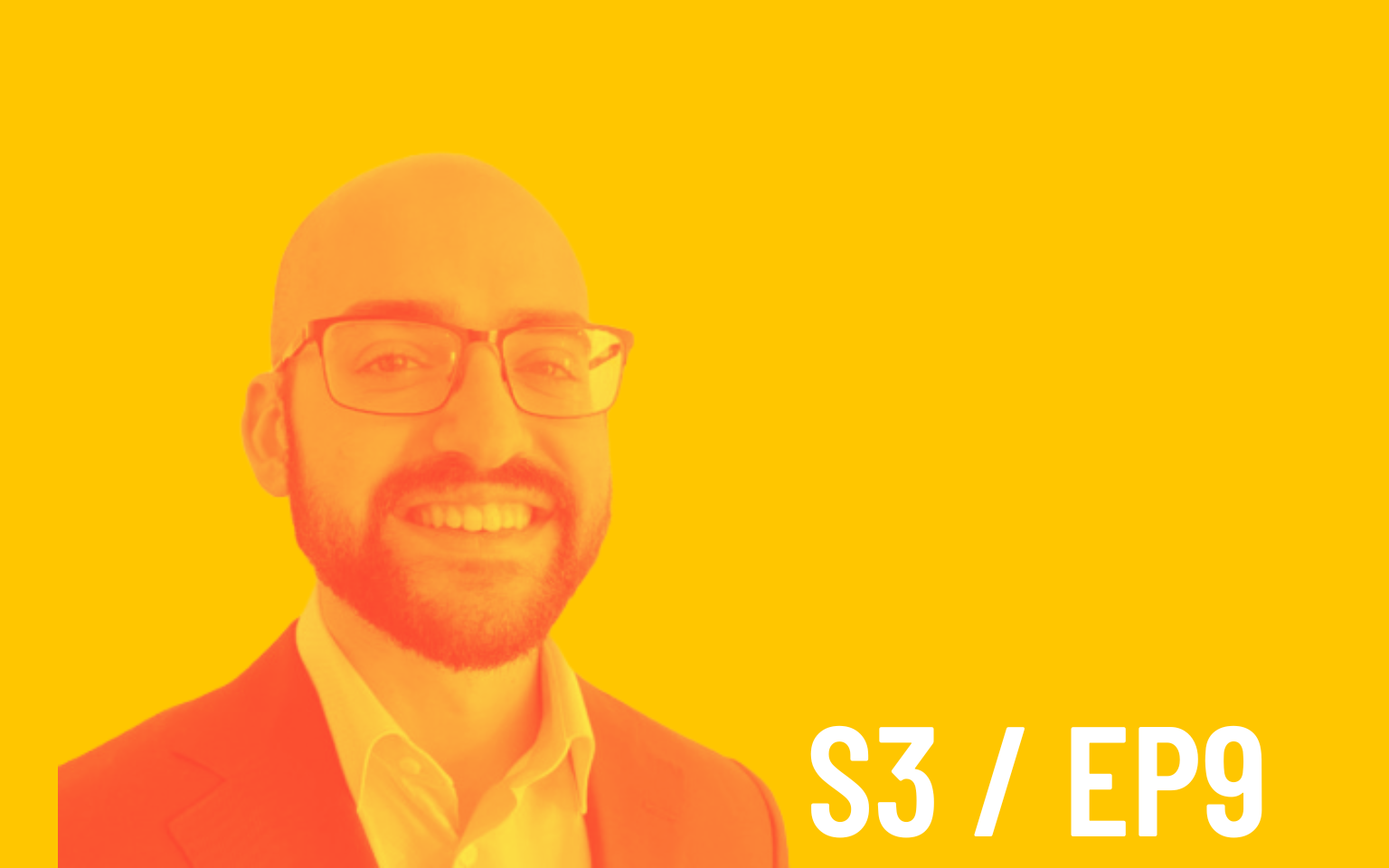
podcast
Why AI is Not Coming for Your Job, the Control Freak Buyer Persona and a Bias for Specialist Agencies
September 20, 2023
Our guest Joe Zappa and host Kriste Goad dive into the measurability of content marketing, AI for marketers, why you should never work with a …
Read More →
Want to be a guest on a future episode?
Share your thoughts directly with our show host, Kriste Goad.

